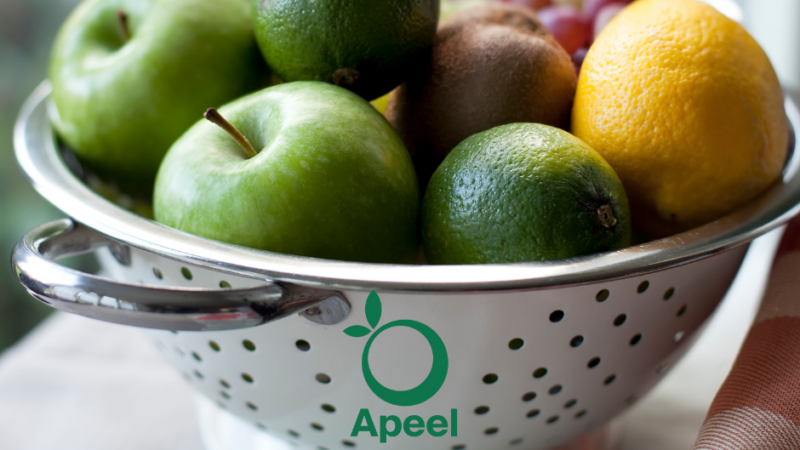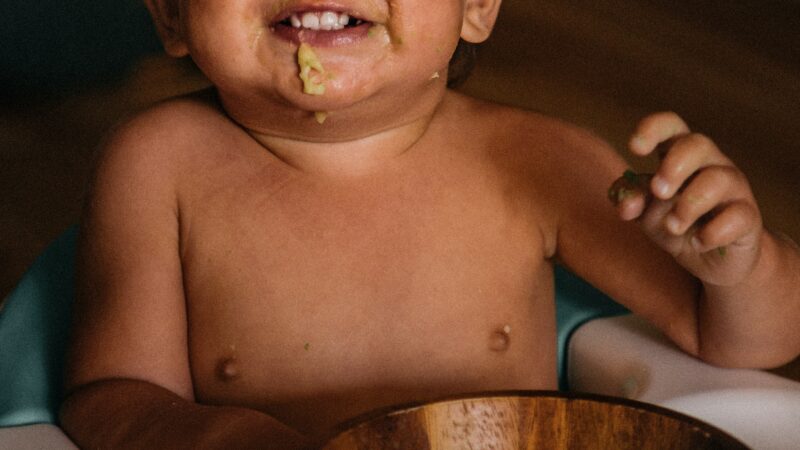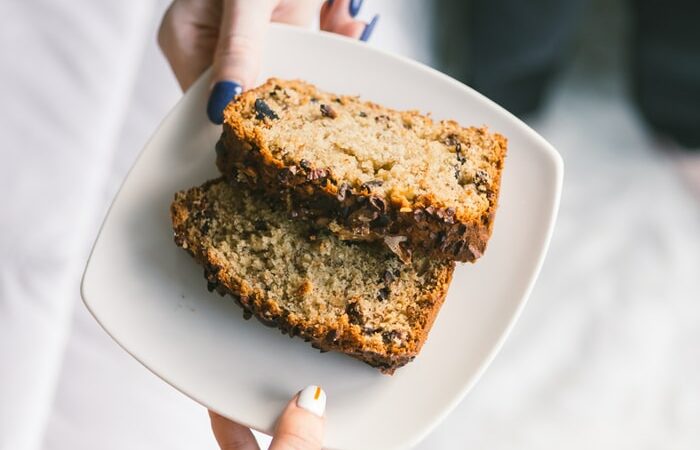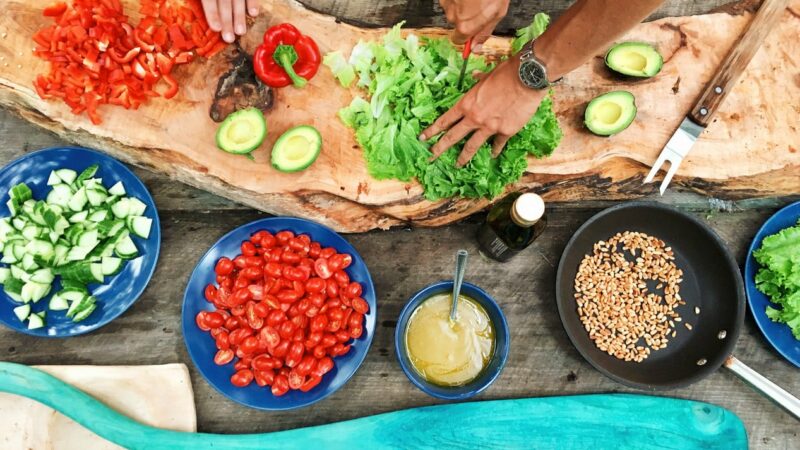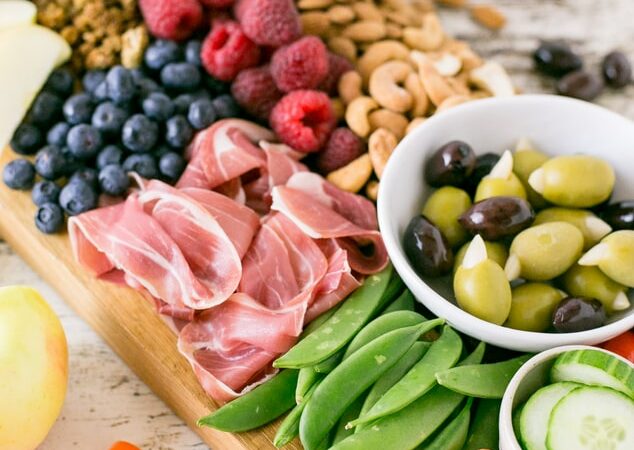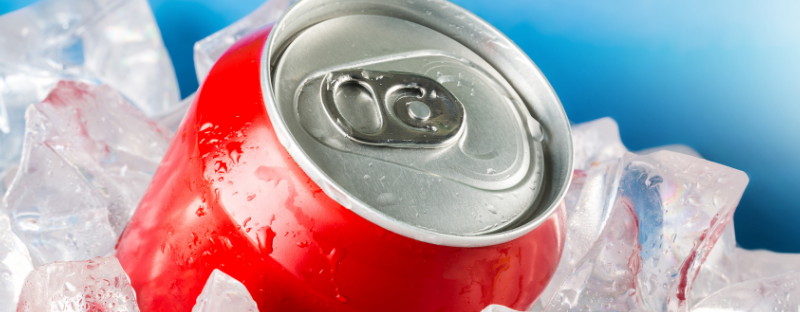Create a Backyard Bee Haven
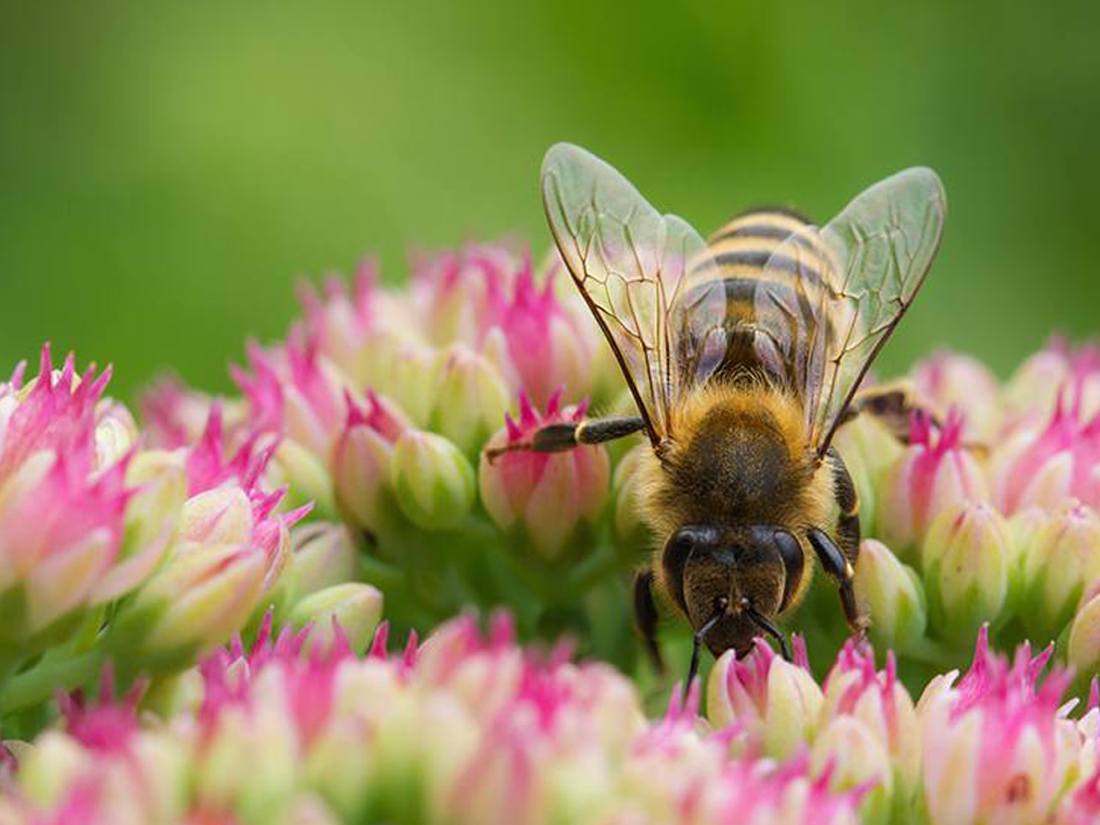
Welcome Spring! The last of the snow is melting. Its time to think of planning our plantings. Consider planning a garden space that is a bee haven. Why? Honey is one of the oldest medicals found in the ancient pyramids of Egypt. You don’t have to be a bee-keeper to support honey production. pesticide-free, pollinator-friendly space is easy! Whether you have a large yard, front stoop or balcony window, follow these simple guidelines:
Avoid pollinator-harming pesticides. Pesticides kill beneficial insects including pollinators and natural enemies that control common pests like aphids. Certain pesticides, including neonicotinoids, are highly toxic to honey bees in particular. Instead of using synthetic pesticides, explore organic ways to grow healthy plants, such as using compost for healthy soil and controlling pests with homemade remedies and biocontrols like ladybugs.
Provide a variety of food. Consider clustered plantings with staggered blooming times so there is food throughout the year, particularly in the late summer and fall. Native plants are always best, and inter-planting and hedgerows provide additional forage on farms.
Provide a year-round, clean source of water. This can be a river, pond, irrigation system, rainwater collection system or small-scale garden water features. Shallow water sources can provide more than enough water for bees and other pollinating insects without creating opportunities for mosquitoes to breed.

Provide shelter for pollinators. Leave some ground undisturbed and untilled and some dead trees and plants on the property for wild bees to nest in. Glorybee.com suggests before you get rid of those dandelions and clovers, consider that these alleged undesirables can provide lots of deliciousness for your buzzing visitors. By keeping them right where they are, you’ll be helping your bee friends thrive. The same goes for flowers and vegetables you’ve actually taken the time to plant; if you harvest or deadhead these but leave them intact until all the flowers are completely gone, you’ll be able to support pollinators during their time of need (particularly when other options aren’t readily available).
Buy local honey
This is something just about anyone can do, even if they don’t like to garden. Beekeeping is an amazing endeavor, but the truth is that not everyone is cut out for it. If you try to take on this responsibility without the proper knowledge, you could end up doing more harm than good. That’s why it’s important to support your local beekeepers to ensure their efforts aren’t in vain. And while it hasn’t been totally proven, there is evidence to suggest that local honey can be the best thing for your allergies!
Know how to aid a tired bee
Have you ever seen a bee who seems to be struggling to fly? You might assume that it’s injured or worse, but this sweet bee might actually just be worn out. It’s usually pretty easy to revive them and get the buzz back in their wings. Just mix together two tablespoons of white, granulated sugar (no artificial sweeteners or honey from your cupboard!) and one teaspoon of water, then place on a plate or a spoon and bring the bee to drink. You can even put this mixture in a small, shallow container and leave it somewhere in your garden to keep your friends from getting too tired on-the-go. If you find a wet bee out in the rain, bring to a place where it can get dry; if you see a bee lying motionless on a flower, keep in mind that it may simply be resting, so don’t be too quick to try to move it and feed it.

Bee-friendly gardening Garden, Pollinators
https://glorybee.com/blog/horticultural-hive-mind-a-gardeners-guide-to-protecting-the-bees/

